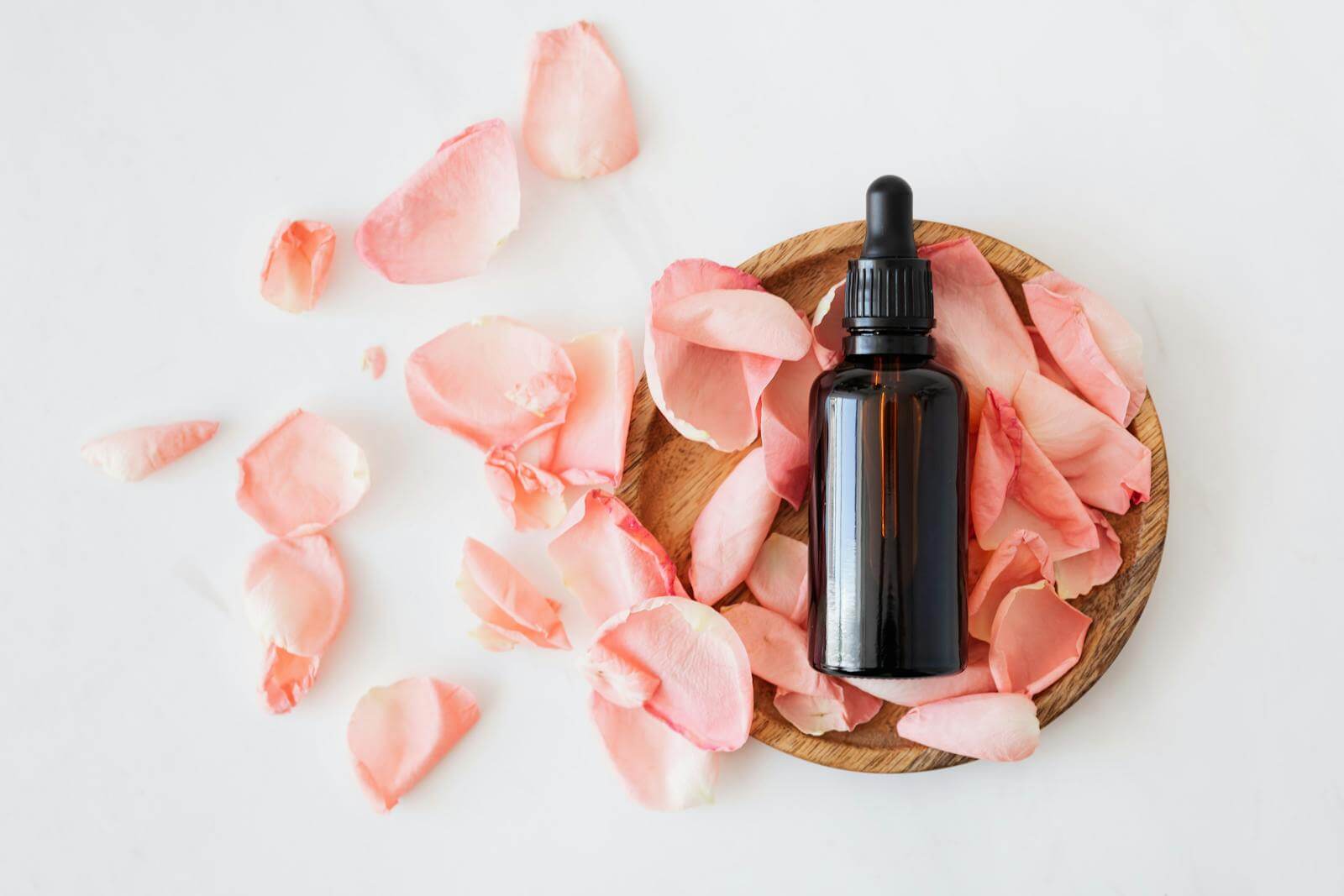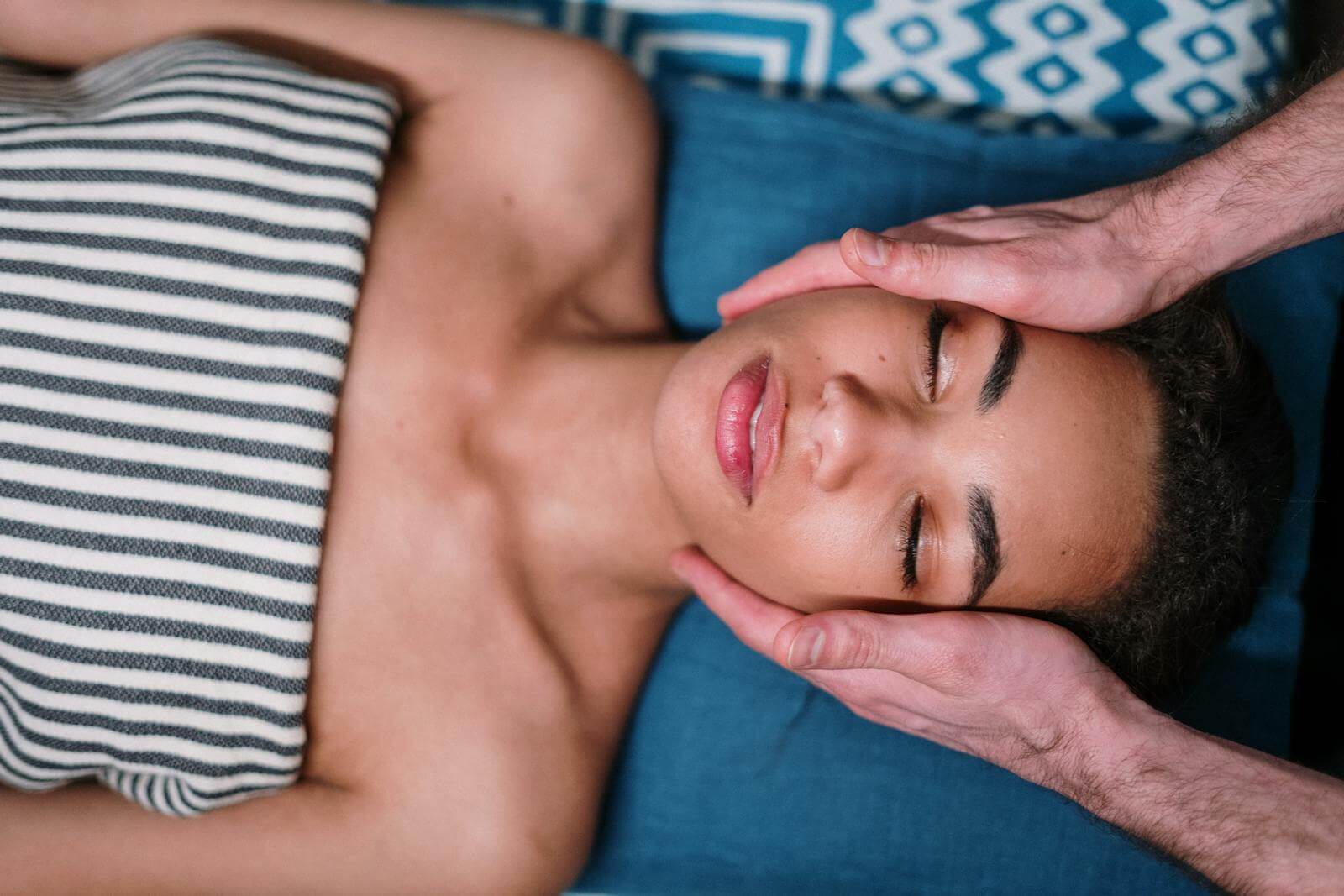
Why Saying Thanks is Like a Superpower for Your Mood
Hey there! Have you ever thought about how a simple ‘thank you’ can make a big difference? It’s like magic. When you feel thankful and show it, it can make you happier. It’s not just about being polite; it’s like therapy. That’s right! Gratitude therapy means paying attention to the good stuff in life and feeling thankful for it.
The Super Simple Thank-You List
Let’s start with something you can do, even if you’re super busy. Every day, take a little notebook, or even a piece of paper, and write down three things you’re thankful for. It could be your pet dog, your cozy bed, or the yummy lunch you had. This list is a powerful way to remember the good things every day.
Turn Complaining into Thanking
Have you ever caught yourself complaining when something doesn’t go your way? Next time, try to flip that feeling. Instead of being upset about doing homework, think about how cool it is that you get to learn new things. Changing ‘Ugh, I have to…’ to ‘Yay, I get to…’ is a game-changer!
Thanking People Around You
Imagine giving out little bits of happiness to people. You can do that by saying ‘thanks’ to someone. Tell your friend thanks for making you laugh. Say thanks to your teacher for helping you with that tricky math problem. When you thank others, it makes them feel good, and it makes you feel good, too. Like a happiness boomerang!
A Little Bedtime Thank-You Habit
Before you sleep, think of all the good stuff that happened that day. Try to picture them in your head and feel happy about them. It’s like telling stories to yourself, but these stories are real, and they are about you being thankful. This can give you sweet dreams and make you wake up feeling refreshed.
Thank-You Walks Are a Thing
Going for a walk? Make it a thank-you walk. Look around and notice things you can be grateful for. Maybe it’s a beautiful tree, a cute little bird, or just the cool breeze on your face. When you look for things to be thankful for, you’ll be amazed at how many you find!
Sharing Is Caring
You know how you tell your friends about the new video game you love? Well, talk about gratitude the same way. Share the good things you’ve noticed. Your happiness can spread and help your friends and family feel good too. It’s like sharing a snack, but it’s your joyful thoughts.
Grateful Crafting: Making Thank-You Cards
Feeling crafty? Grab some paper, markers, or crayons, and make thank-you cards. Draw and write what you’re thankful for. Give them to people or just keep them for yourself. Each card is like a little treasure of happiness.
Thank-You Jar: A Jar Full of Joy
Get a jar, any jar. Now, whenever something makes you smile or happy, write it down on a small piece of paper and put it in the jar. Watching this jar fill up with thankful notes is pretty cool. On days when you’re feeling down, just open the jar and read a few notes to feel better.
Use Your Phone for Good
Phones are not just for games and chatting. You can also use them to remember to be thankful. Set a little reminder to pause and think about what you’re grateful for. Maybe when you hear the lunchtime bell, that’s your sign to think of one nice thing about your day.
By practicing these simple gratitude habits, you’ll start to feel that warm glow of happiness a bit more each day. And guess what? The more you do these thank-you things, the easier it gets, and the happier you feel. Just like practicing a sport or a musical instrument – the more you do it, the better you get. Remember, it’s not about having all the toys in the world; it’s about loving the toys (and everything else) you’ve got! So, what are you thankful for today?
What exactly is Gratitude Therapy?
Gratitude Therapy is a practice where you focus on the things you’re thankful for in life. It’s a part of positive psychology and helps shift your mindset to appreciate the good around you. It’s about recognizing the value in our experiences and the people we have in our lives.
This therapy isn’t just an idea; it involves specific activities, like writing in a gratitude journal or sending thank-you notes, designed to foster a sense of appreciation and contentment. By regularly engaging in these practices, you can improve your mental health and overall well-being.
How do I start practicing Gratitude Therapy daily?
Beginning with Gratitude Therapy is simple. A popular method is keeping a gratitude journal. Every day, write down three things you’re grateful for. It could be as basic as a kind gesture from someone or as profound as a major life milestone achieved.
Another way is to make it a habit to think of what you appreciate about your day before bed or even share something you’re grateful for with a friend or family member each day. These practices help keep gratitude at the forefront of your mind.
Can Gratitude Therapy really make a difference in my life?
Yes, it can! Regularly practicing gratitude can lead to a more optimistic outlook and increased happiness. By recognizing and appreciating the good in your life, you steer your attention away from negative thoughts and worries.
Studies have shown that gratitude can improve sleep quality, reduce symptoms of physical illness, and enhance relationships. It encourages a cycle of positive thinking and kindness both towards oneself and others, which can be life-changing.
Is Gratitude Therapy useful for people with depression or anxiety?
It can be, yes. While Gratitude Therapy is not a stand-alone cure for clinical depression or anxiety, it can serve as a valuable tool in managing symptoms. Acknowledging the good in life can provide a break from the negative thought patterns often associated with these conditions.
However, it’s important to note that if someone is dealing with severe depression or anxiety, seeking professional help is critical. Gratitude Therapy can complement traditional treatments, adding another layer of support to the healing journey.
What if I find it hard to feel grateful?
Finding it difficult to feel grateful, especially during tough times, is understandable. The key is to start small. It might be something as simple as enjoying a warm cup of tea or a peaceful moment. The more you practice, the easier it becomes to notice things to be thankful for.
Also, don’t beat yourself up if you’re struggling with this. Gratitude is a skill that gets stronger with practice. Allow yourself to start wherever you are, and remember, the intent to find gratitude is the first step in cultivating a more grateful mindset.
Key Takeaways
- Gratitude therapy is a self-care practice that rewires the brain to focus on positive aspects of life, enhancing overall well-being.
- Implementing daily gratitude exercises, like journaling or expressing thanks, can significantly reduce stress and improve mood.
- Consistency with gratitude practices is more important than the duration of each session, making it a manageable strategy for everyone.
- Gratitude therapy helps build stronger relationships by encouraging people to appreciate and acknowledge the value of others.
- This therapeutic approach can reduce materialism, as it shifts the focus from acquiring new possessions to being thankful for what’s present.
- Physical health benefits from gratitude are noted too, with better sleep patterns and stronger immune system responses.
- By practicing gratitude, people often experience increased resilience, enabling them to handle life’s challenges with a more positive mindset.
- Beginners to gratitude therapy can start by simply reflecting on three things they are thankful for each day.
- Integrating gratitude into everyday life does not require special tools or resources, making it an accessible technique for personal transformation.
- Gratitude therapy is not just an individual activity but can be expanded into community or group practices, enhancing social connections and collective well-being.
Final Thoughts
Gratitude isn’t just for Thanksgiving. It’s a game-changer for your mindset, any day of the year. We’ve discovered how giving thanks can rewire our brains, leading to a sunnier outlook on life. By counting our blessings regularly, we grow our joy and shrink our sorrows.
It’s like flipping a switch. When we note what’s good – those tiny wins and big wins alike – we fuel our happiness and resilience. It’s crazy simple, yet downright powerful. Jotting down grateful thoughts or whispering a ‘thank you’ to the universe can kick-start a positive spiral.
Remember, it’s the small, daily actions that forge the strongest transformations. You don’t need a grand gesture. Just take a moment, look around, and spot something to appreciate. Your mind and heart might just surprise you with how quickly they catch onto this gratitude jazz.






